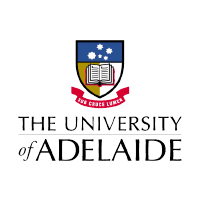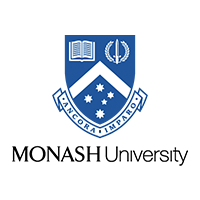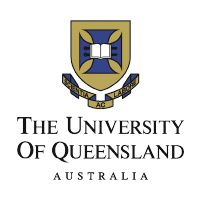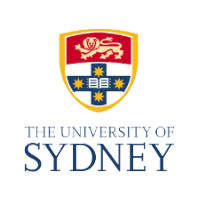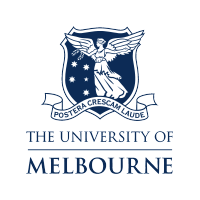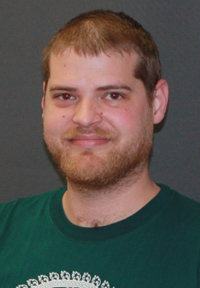 Kris Rogers
Biostatistician, The 45 and Up Study, The Sax Institute
Kris Rogers
Biostatistician, The 45 and Up Study, The Sax Institute
Master of Biostatistics University of Sydney 2008
I was employed by the NSW Health Biostatistical Officer Training Program towards the end of a PhD in Biology, which gave me the opportunity to complete a Master of Biostatistics through the BCA. Studying statistics with the best biostatisticians quickly filled in the gaps in my knowledge and then expanded my understanding of epidemiological studies and how to turn data into useful information. I now work as the Biostatistician with The 45 and Up study, the largest cohort study in Australia. Every day I get to work with some of the best health researchers in Australia. I am able to make a substantial contribution to planning the next steps in The 45 and Up Study as well as collaborating with researchers using 45 and Up data.
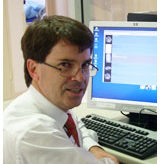 Jeff Presneill
Intensive Care Physician, Mater Hospital Brisbane Associate Professor, School of Medicine, University of Queensland
Jeff Presneill
Intensive Care Physician, Mater Hospital Brisbane Associate Professor, School of Medicine, University of Queensland
Master of Biostatistics
The University of Melbourne 2007
Evidence-based medicine requires a reliable basis of evidence! As a practising clinician who wanted to conduct my own research, I realised that I needed to develop the relevant expertise. I was attracted to the BCA’s claim to provide a background in mathematical and statistical theory to those without a first degree in mathematics or statistics, to fill the gap between public health/epidemiology and general statistical courses. Part-time study by distance allowed me to work and study at the same time. Staff are highly competent and enthusiastic. I believe the BCA delivers on its promise to ‘address the need for highly skilled biostatisticians for health and medical research’.
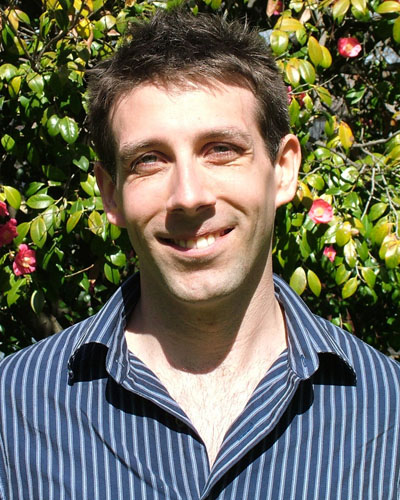 Kris Jamsen
Research Fellow, Centre for Molecular, Environmental, Genetic and Analytic (MEGA) Epidemiology, University of Melbourne
Kris Jamsen
Research Fellow, Centre for Molecular, Environmental, Genetic and Analytic (MEGA) Epidemiology, University of Melbourne
Master of Biostatistics
The University of Melbourne 2007
I was working as a Research Assistant at a biostatistics unit of a major metropolitan hospital when I started the BCA. I enrolled because I wanted to gain a more detailed understanding of the statistical techniques used in public health, as well as learn about more advanced topics, such as analysis of longitudinal data and Bayesian statistics. The BCA offered a level of rigour that adequately prepared me for a career in biostatistics and was taught by first-class biostatisticians. As a result of the skills I acquired, I am now in a Research Fellow biostatistician role where I primarily work on statistical methods, and am also enrolled in a PhD.
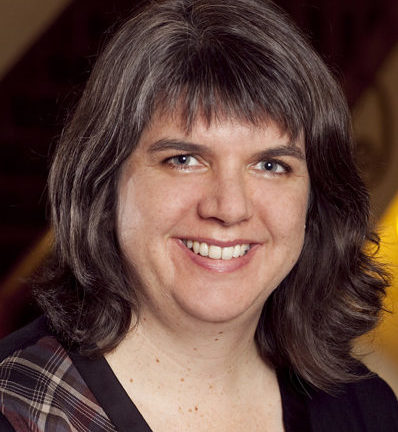 Robin Turner
Research Fellow in Biostatistics, Screening and Test Evaluation Program, Sydney School of Public Health
Robin Turner
Research Fellow in Biostatistics, Screening and Test Evaluation Program, Sydney School of Public Health
Master of Biostatistics, The University of Sydney and BCA Star Graduate 2007
I completed the BCA Masters as part of the NSW Health Biostatistical Officer Training Program. The masters provided training in the application of statistics to public health and epidemiological research and broadened the statistics skills I had gained during my PhD. I found the courses to be well designed and enjoyed being taught by leaders in the field across a range of universities.
I am now a Research Fellow in Biostatistics in the Screening and Test Evaluation Program at the Sydney School of Public Health, University of Sydney. The skills learnt during the masters have been essential to my ongoing research and career.
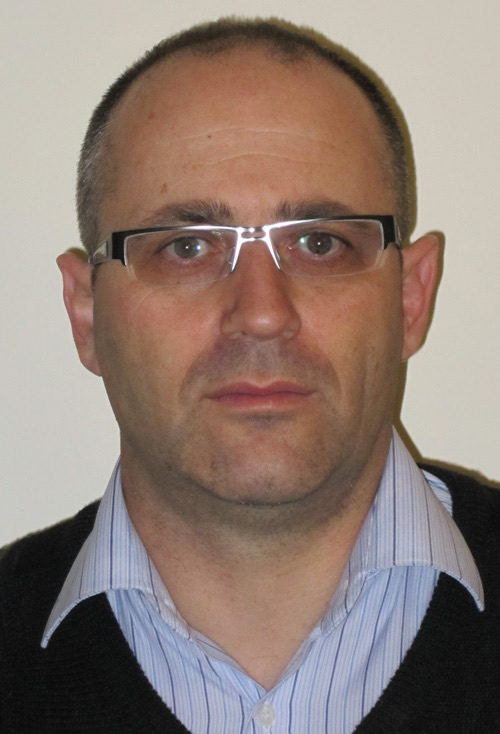 Eugene Zilberg
Medical Device Manufacturer, Compumedics
Eugene Zilberg
Medical Device Manufacturer, Compumedics
Master of Biostatistics, University of Melbourne 2007
I have been working for a medical device manufacturer Compumedics for many years developing mathematical algorithms and software for processing of physiological signals and intelligent treatment devices, primarily in the field of sleep medicine.
I found almost all subjects in the Master of Biostatistics program to be extremely useful in filling the gaps between the practices of biomedical engineering and their clinical outcomes, as well as challenging and enjoyable due to the sound mathematical foundations. The key practical benefit of the BCA program for myself is probably the capability to plan, supervise and analyse clinical trials, that enables to appropriately evaluate performance and safety of the diagnostic and treatment products and eventually prepare product submissions to the regulatory organisations.
Master of Biostatistics, The University of Sydney 2007
I am a statistical programmer working on clinical trial analyses and methodologies in the pharmaceutical industry. I was fortunate to be enrolled in the BCA program while working in the Biostatistics unit of Pfizer Australia, which allowed me to learn the statistical methods and application of those methods employed on pharmaceutical clinical trials, while working closely with expert biostatisticians. I am currently working at Roche, and my increased knowledge from the Masters program allows me to take a greater responsibility on clinical trial analyses and provide input on design issues to my statistical colleagues. I was very impressed by the depth of knowledge and experience of the course coordinators at the participating universities and also by the commitment and contribution of industry experts from both Pfizer and Roche.
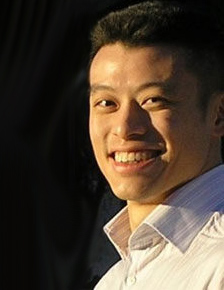 Edward Tong
Edward Tong
Master of Biostatistics, University of Queensland 2007
I work in healthcare acquired infection (HAI) research, primarily in risk factor studies. My colleagues and I estimate the economic cost of HAI and implement statistical process control for the surveillance of HAI in all Queensland public hospitals.
The Biostatistics program is taught by experts renowned in Australia and around the world. The program emphasises the analysis of real – that is, imperfect – datasets, so is great preparation for working life. And studying by distance was great. It meant I was able to learn from top biostatistics experts from around the country while still enjoying online class discussions with fellow students who shared insights from their own jobs.
A career in biostatistics is a rewarding one that allows you to make important contributions to many fields of research and development. Opportunities are plentiful and determined by your own personal interests.
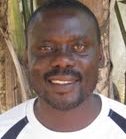 Mavuto Mukaka
Postdoctoral Fellow, Department of International Health, Johns Hopkins University
Mavuto Mukaka
Postdoctoral Fellow, Department of International Health, Johns Hopkins University
Master of Biostatistics, Macquarie University 2006
I completed the Masters as part of my training as a Medical Statistician at the Malawi-Liverpool Welcome Trust Clinical Research Centre, Malawi. I have since completed my PhD in Statistics with the University of Liverpool and University of Malawi focusing on statistical methods of handling missing data. I have co-authored more than 20 publications in a range of topics and supervised a number of MSc statistics students at the University of Malawi. I currently hold a Postdoctoral fellowship in Biostatistics at Johns Hopkins University in the USA focusing on the design and analysis of Cluster Randomized Trials.
I am proud of my Master of Biostatistics and grateful for the contribution the BCA program has made to my career.
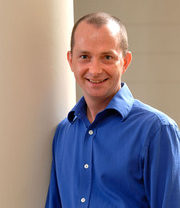 Kevin McGeechan
Senior Lecturer, Epidemiology and Biostatistics, University of Sydney
Kevin McGeechan
Senior Lecturer, Epidemiology and Biostatistics, University of Sydney
Master of Biostatistics, The University of Sydney 2006
I was originally working in General Practice Data Management and needed to update my skills. The Masters of Biostatistics was delivered completely online, and this was what attracted me to the course. As a Biostatistician you’ll be asked many different questions and you’ll need to have the knowledge to confidently address these. The Masters course provided me with both the depth and range required. The area is highly specialised and as such there are many opportunities for people with such a qualification.
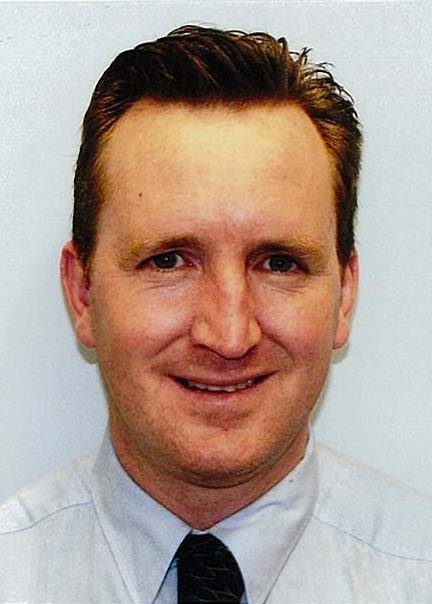 Aiden O'Loughlin
The School of Medicine - The University of Western Sydney
Aiden O'Loughlin
The School of Medicine - The University of Western Sydney
Master of Biostatistics, The University of Sydney 2006
I was training to be a cardiologist when I started the program. Cardiology is one area of medicine which is fortunate to have a strong tradition of high quality clinical trials which address key areas of practice.
The Master of Biostatistics course has given me a comprehensive understanding of clinical trial design, analysis and interpretation of trial results. This has allowed me to successfully incorporate the available evidence into my clinical practice. It also has enabled me to design, implement and analyse clinical research programs both on my own and in collaboration with others.
